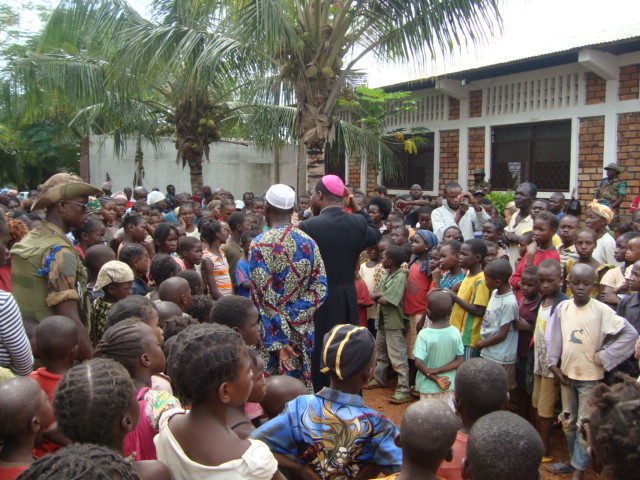CAR – Latest elections offer hope for peace and end to religious strife
After several delays, the citizens of the Central African Republic finished voting last Sunday to elect a new democratic leadership. Two years ago the Central African Republic, which has a long record of instability, was pitched into the worst crisis in its history when President Francois Bozize was deposed by mainly Muslim Seleka fighters. Christian militias responded to Seleka atrocities by attacking the Muslim minority community. The resulting civil unrest forced a fifth of the population to flee their homes to escape the violence and seek shelter either internally or abroad.
The two main contestants for the presidential run-off are ex-prime ministers Faustin-Archange Touadera and Anicet-Georges Dologuele. Touadera has taken a stand against corruption while Dologuele pledges to revive the economy and attract more investors. Because of the unstable political situation, foreign investors have been reluctant till now to exploit CAR’s significant gold, diamond and uranium deposits.
Whoever wins will have to face the enormous challenge of restoring peace and reuniting the nation. Both presidential candidates have made the restoration of peace and security the centrepiece of their campaigns. However, the fact that they are both Christians and have close ties with deposed leader Bozize, has given rise to concern by diplomatic observers that little may change whatever the election result.
Pope Francis’ visit last November gave a new impetus to the peace movement and violent incidents notably decreased after the papal visit. The high election turnout of nearly 80% is considered to be a rejection by the majority of the violence, which has left the northeast under the control of Muslim rebels and the southwest ruled by Christian militias.
In Bangui’s mainly Muslim PK5 neighbourhood, some voters arrived before dawn to queue at the main polling centre. Among them was Alima Zeinabou Shaibou,a mother of five who like most Muslims in the southwest had been forced to leave her home. She said “I want there to be a change. I want Christians and Muslims to live together as before”.
The heavy security for Sunday’s voting – with armed soldiers at polling stations, helicopters and French troops in armoured vehicles patrolling the streets – was largely unnecessary. Throughout the election, the situation remained largely calm in sharp contrast to last December’s constitutional referendum when the voting centre in PK5 witnessed violent attacks by local militia.
As there is a general yearning for peace now in the Central African Republic, there is hope that this election will at last reinstate democracy after three years of unpopular interim administrations. However, this is only the first step in the long road towards recovery for the war-torn nation.
ACN Malta





